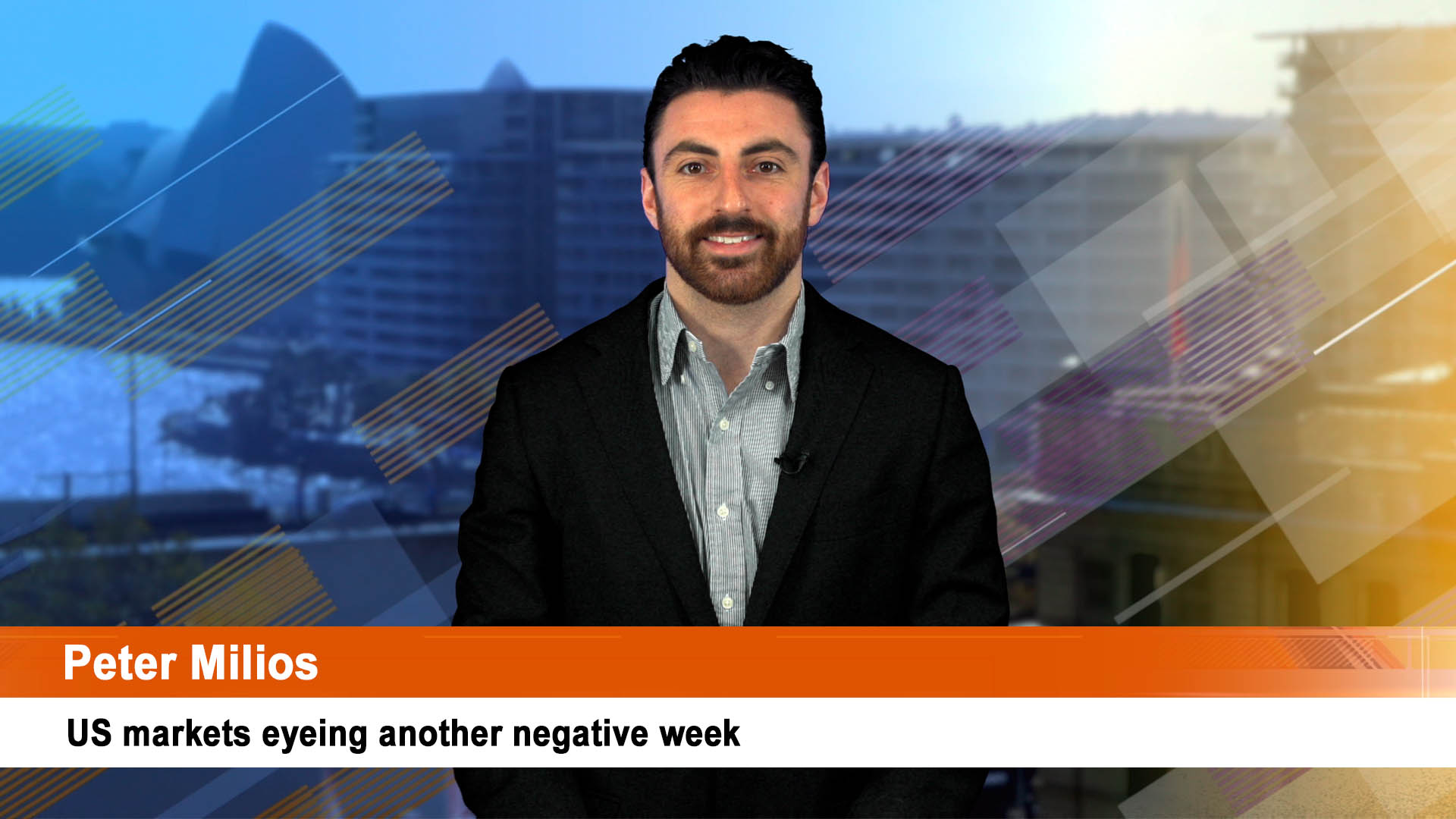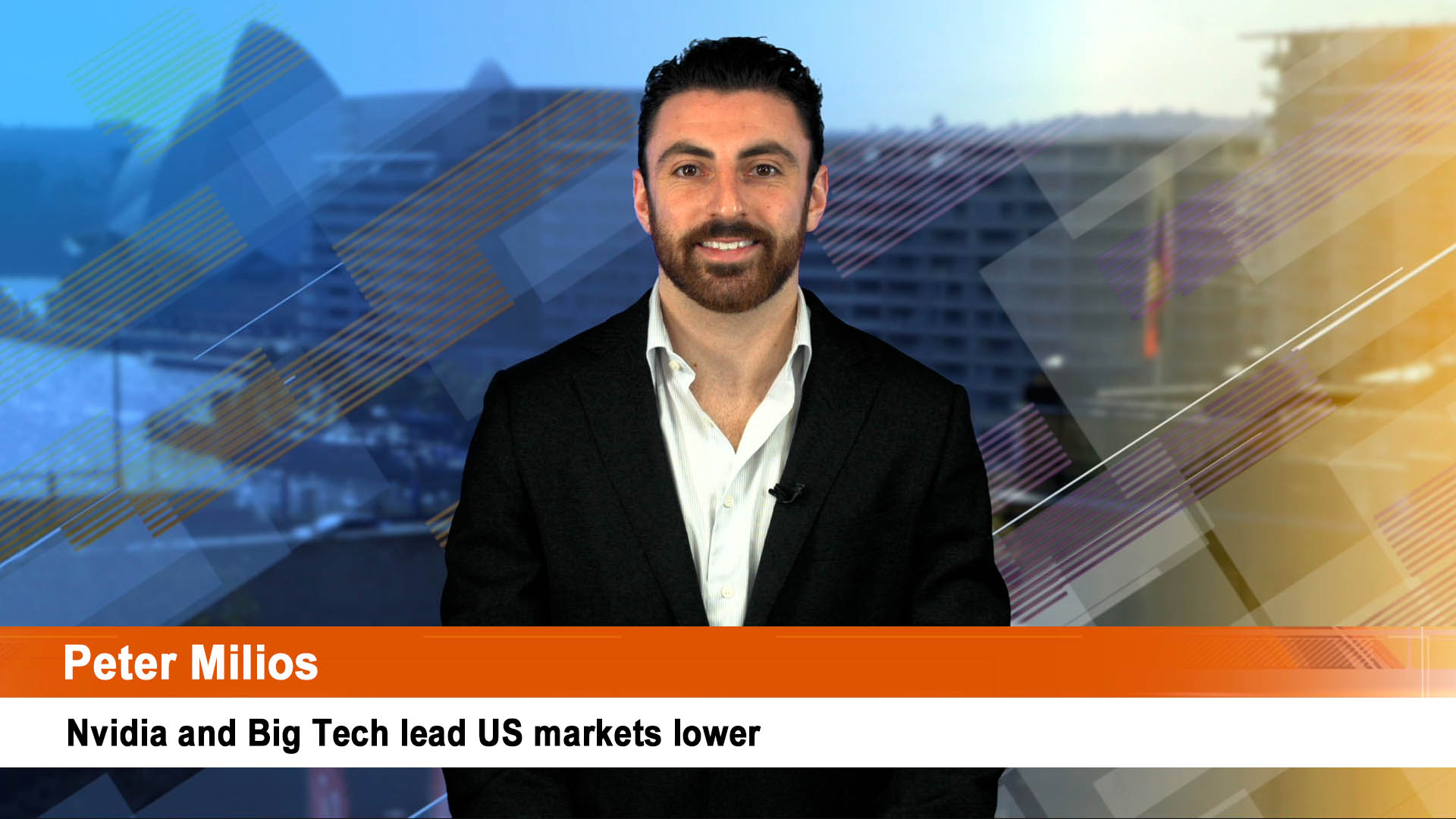America enjoys its Independence Day long weekend meaning there will be no lead from the world’s major markets for a day or so.
America’s national birthday is being celebrated in circumstances very different from 2020’s when it was clouded by the enveloping second wave of Covid and former President Trump and his antics to remain in power.
That means no lead for the ASX which is how the futures market ended trading early Saturday morning, Sydney time – the futures market finished flat.
That was after Friday’s 0.6% rise to a close of 7,308.6. That was up just 0.6 points – or 0.008% – over the week.
Friday in fact saw a solid day for global shares, as they hit an all-time high on lift from the better-than-expected US monthly jobs report for June which signalled a strong end to the second quarter.
Data showed US job growth surged in June as non-farm payrolls jumped 850,000 jobs from the unchanged 583,000 in May.
The unemployment rate edged up to 5.9% from 5.8% the previous month as more people were looking for work.
Wages were up a solid 3.6% over the year (which is higher than they should be because of the boost last year from higher paid workers remaining in their jobs during the first and second waves of Covid).
Tempering the celebrations was the continuing shortfall in job numbers compared to before the pandemic.
The latest numbers bring the total job recovery from the pandemic losses to 15.6 million.
Seeing more than 22.3 million Americans were laid off in March and April of 2020 in the pandemic’s first wave, total US employment level remains 7.13 million below where it was in February 2020.
And although the news was upbeat, there were signs of caution in the markets due to the continuing spread of the COVID-19 Delta variant.
The benchmark 10-year US Treasury bond yield fell to 1.4% and gold and oil edged higher to close out the week.
The Dow rose 152.82 points, or 0.44%, to 34,786.35, the S&P 500 gained 32.4 points, or 0.75%, to 4,352.34 and the Nasdaq added 116.95 points, or 0.81%, to 14,639.33.
For the week, the Dow rose 1%, the S&P500 and the Nasdaq had weekly gains of 1.7% and 1.9% respectively.
Over the past week Asian market lost ground – The Nikkei saw a loss of 1%, the Shanghai Composite of 2.4% and the Hang Seng of 3.4%.
The MSCI All Country World index closed at 725.41, up 0.39% on the day.
The pan-European STOXX 600 index settled 0.26% higher but lost 0.2% for the week. France’s CAC40 lost 1.2% while Germany’s Dax and the Footsie in London were almost stable. Spain fell 2.3% and Italy lost 1%.
…………
Will there be any relief this week for the rattled stockmarkets in China and Hong Kong in the wake of President Xi Jinping’s provocative speech on Thursday marking the centenary of the formation of the Chinese Communist Party?
Markets in China and Hong Kong sold off on Friday in the wake of that strident speech, slumping into negative territory for the year so far by one key measure.
The Shanghai market fell 1.93%, while the Hang Seng in Hong Kong lost 1.80%. The CSI 300 (which includes the top 300 shares in China) fell 2.8%.
The losses were the deepest since March.
The falls pushed the loss for the year to date for the CSI 300 to 3.5%. The Shanghai market is now barely positive after being up by just over 3% on Wednesday at the end of June while the Hang Seng is now up 3.5% after Friday’s drop.
While Japan’s Nikkei gained 0.2% and most other markets held firm MSCI’s broadest index of Asia-Pacific shares outside Japan fell 0.8%, due to slide in Chinese and Hong Kong shares.
Chinese investors are worried that, with the big celebration out of way, China’s monetary policy could be tightened, despite clear signs the pace of activity in the economy slowed for a 4th month in a row in June.
Some overseas investors were unsettled by President Xi Jinping’s warning to foreign powers during his speech to mark the Communist Party’s centenary.
Xi said any foreign forces attempting to bully China would will “get their heads bashed”.
Chinese investors took a whacking of their own instead.













